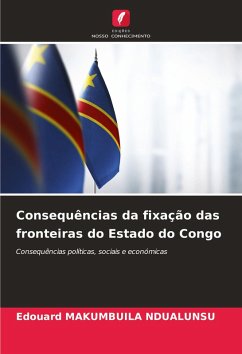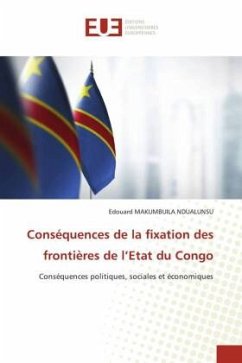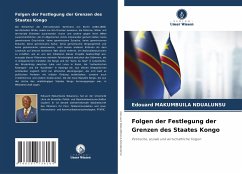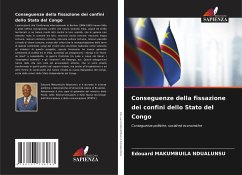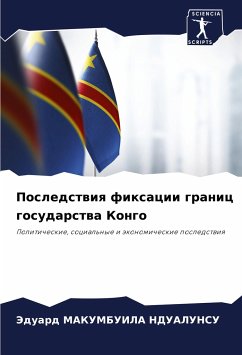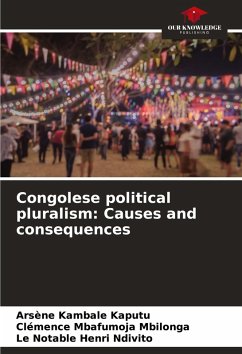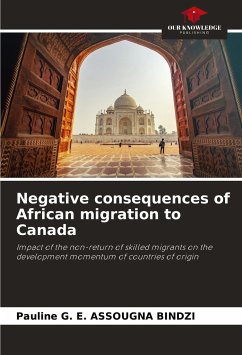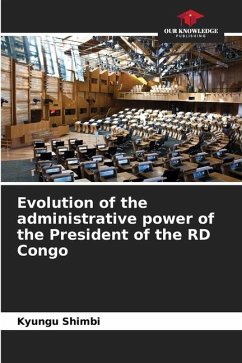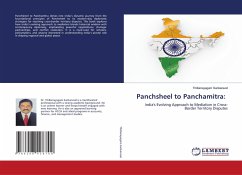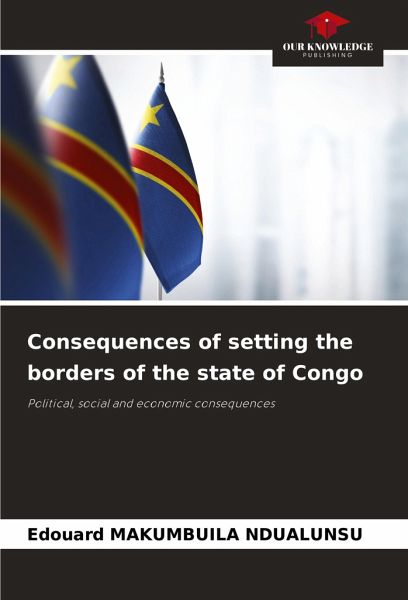
Consequences of setting the borders of the state of Congo
Political, social and economic consequences
Versandkostenfrei!
Versandfertig in 6-10 Tagen
53,99 €
inkl. MwSt.

PAYBACK Punkte
27 °P sammeln!
The participants in the Berlin International Conference (1884-1885) carved up Africa by assigning borders that tore apart tribes, peoples and territorial entities, and brought others together against their will, having generally nothing in common between them: no common history, no common language, no common customs, no common culture, no common past or way of life, with no other criteria than land grabbing on this continent. Far from creating a national consciousness as intended by the initiators of this project, this phenomenon has instead generated feelings of hostility between tribes, lead...
The participants in the Berlin International Conference (1884-1885) carved up Africa by assigning borders that tore apart tribes, peoples and territorial entities, and brought others together against their will, having generally nothing in common between them: no common history, no common language, no common customs, no common culture, no common past or way of life, with no other criteria than land grabbing on this continent. Far from creating a national consciousness as intended by the initiators of this project, this phenomenon has instead generated feelings of hostility between tribes, leading to antagonisms: the Kongo and the "Gens du Haut" in Leopoldville, the fratricidal war between Luba and Lulua in the Kasai, the "authentic Katangese" and the "foreigners" in Katanga, etc. These antagonisms immediately gave rise not only to ethnic associations, which soon became political parties with a tribal tinge, but also to irredentism and other forms of secession, which undermined the new Republic of Congo, born from the ashes of the independent State of Congo.





